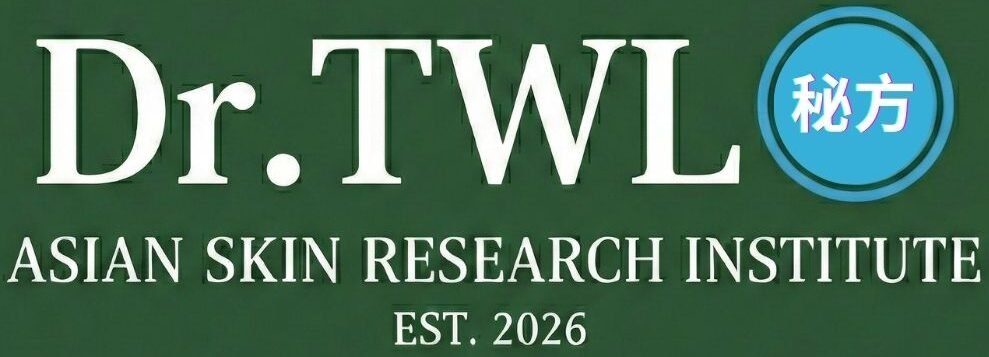
Suffering from acne? Also known as acne vulgaris, patients who suffer from this inflammatory disease typically develop it in adolescence.
Does my diet cause the acne?
The answer is not straightforward, because acne itself is multifactorial in origin, with genetics, inflammation, hormone related oil production in a complex interplay. However, a quick answer would be yes, diet does appear increasingly to influence the severity of acne and treatment outcome to a certain extent.
Acne vulgaris is often touted to be the epidemic disease of civilization, typically in first-world countries. Caused by an unhealthy diet fueled by modernization, it affects the sebaceous follicles of adolescents and adults. Today, a typical diet is characterized by high glycemic index foods, insulinotropic milk proteins and saturated fats.
Does a Western diet trigger acne?
To convince you, populations that are exposed to diets with low glycemic load and no milk/dairy consumption are acne-free, such as the Inuit, Ache hunters of Paraguay, rural areas of Brazil. Prevalence of acne increased as Okinawa islanders and the Chinese switch from traditional diets to Westernized food.
How do hyperglycemic carbohydrates cause acne?
High glycemic index foods are those that are extremely high in glucose. The glycemic index works by measuring the impact that your food has on your blood sugar level. High glycemic index foods cause your blood sugar to rise faster.
Eating lots of food like white bread and cereal can also cause the elevation of hormones, leading to increased sebum production. The high glycemic load changes the composition of sebum fatty acids, causing proinflammatory and comedogenic responses. A diet-induced change in sebum composition can trigger acne inflammation and drive the process of comedogenesis, also known as the formation of blackheads.
Can saturated fats lead to my acne problems?
The major culprit is a saturated fatty acid called palmitate, and it consists of 32% milk triglycerides. Palmitate triggers the abnormal proliferation of keratinocytes, a cell that produces keratin, resulting in micro-comedones. The continuous sebum accumulation, enlargement of follicle and build-up of keratin within the micro-comedones causes the formation of comedones.
Trans-fats, produced industrially that structurally resemble palmitate, are in the fast food that we eat. With the replacement of natural solid fats and liquid oils with hydrogenated fats in fast food, fried food and baked goods, it has led to unhealthy diets that contribute to acne. Such a diet contributes to inflammatory responses of our sebaceous glands and hair follicles.
Does milk cause acne too?
The link between milk consumption and acne is not a breakthrough, adolescent acne is closely associated with their diets being rich in milk, cheese, yogurt, cakes and low in fish, fruits and vegetables. Milk contributes to increased insulin levels which prevent that production of an important protein FoxO1. The deficiency of this protein has been linked to major factors of development of acne.
Milk intake can also influence comedogenesis as it contains androgens, a type of hormone, steroids and other components that can affect the sebaceous gland and hair follicle. Such molecules survive processing, and for instance, in cheese, fermentation leads to more testosterone being produced from the precursors in milk.
Milk facilitates the pathway of sebaceous lipogenesis and sebocyte proliferation. Excessive intake of milk protein also explains the onset and aggravation of acne.
How can I adjust my diet to be less acne-prone?
You may opt for a palaeolithic diet – no hyperglycemic carbohydrates, no milk and dairy products. Fish consumption has shown to have anti-acne effect, as the fatty acids from the fish can reduce inflammation.
Resveratrol, a compound found in the skin of grapes, has shown to inhibit the growth of P.acnes, a bacteria that facilitates ace development in optimal environments.
Though multifaceted, dietary factors can worsen breakouts in acne-prone individuals. For a clearer skin, a good tip is to bear in mind what you consume, have a healthy balanced diet and lifestyle. However, if you have a persistent flare of acne for anything more than several months, medicated treatments such as oral antibiotics and topical retinoids may be necessary. So do visit a dermatologist early to prevent complications such as secondary skin infections i.e. gram-negative folliculitis, or severe acne scarring.
© 2017 TWL Specialist Skin and Laser Centre. All rights reserved.
—–
Meet with Dr. Teo Wan Lin, an accredited dermatologist at TWL Specialist Skin & Laser Centre, for a thorough consultation to determine the most suitable treatment for your skin.
To book an appointment with Dr. Teo, call us at +65 6355 0522, or email appt@twlskin.com. Alternatively, you may fill up our contact form here.
